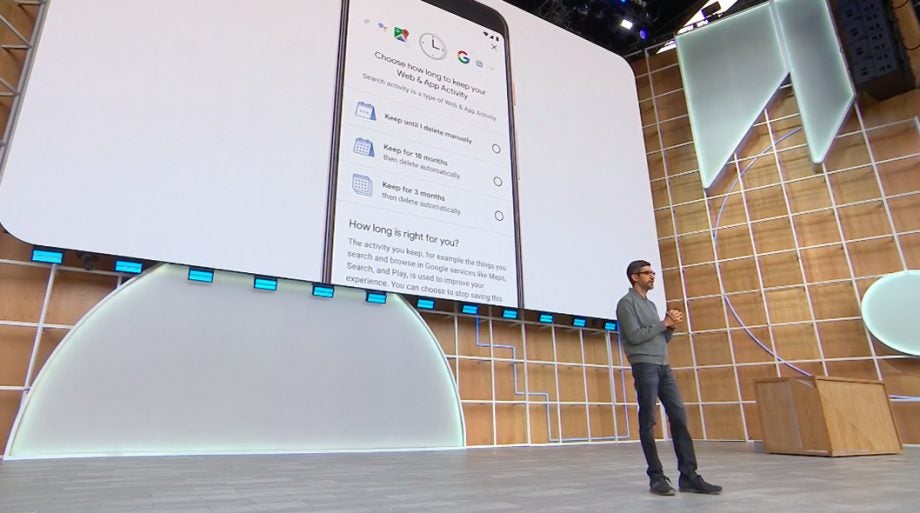Apple, Google and Microsoft slam UK spies’ plan to ‘ghost’ into your private chats

It’s not often we see Google, Apple and Microsoft join forces these days, but when it comes to a British intelligence plot to bypass encrypted chats, the tech giants are very much on the same page.
A group of 47 companies, which also includes Facebook-owned messaging service WhatsApp, have come together to criticise nascent proposals from the UK intelligence agency GCHQ, which would give law-enforcement backdoor access to encrypted messaging services.
GCHQ published a proposal last November in the form of a number of theoretical essays. In the series, intelligence officials suggested agencies could be allowed access to encrypted conversations as a “ghost” participant.
Related: Best VPN 2019
Top intelligence officials Ian Levy and Crispin Robinson suggested “silently adding a law enforcement participant to a group chat or call.” However, in the open letter response, the tech firms says the proposals would “seriously undermine user security and trust.”
The companies also say that giving government agencies to encrypted conversations would require those messaging platforms to open the door to ‘surveillance abuses’ and give the government access they, themselves don’t have.
“Currently, the providers of end-to-end encrypted messaging applications like WhatsApp and Signal cannot see into their users’ chats,” the letter said (via CNET). “By requiring an exceptional access mechanism like the ghost proposal, GCHQ and UK law enforcement officials would require messaging platforms to open the door to surveillance abuses that are not possible today.”
The letter also seeks to explain how the so-called “ghost” participation would work in practice. The companies say affording spy agencies such access would “undermine the authentication process that enables users to verify that they are communicating with the right people, introduce potential unintentional vulnerabilities, and increase risks that communications systems could be abused or misused.”
Naturally, the National Cyber Security Centre has responded to the letter by claiming the proposal was only “hypothetical” and those original proposals simply represented a “starting point” for dialogue with the tech giants.
Levy said: “We will continue to engage with interested parties and look forward to having an open discussion to reach the best solutions possible.”
We’d expect tech companies like Apple, Google, Microsoft and WhatsApp to stand firm and give no ground when it comes to the end-to-end encryption of our private conversations.


